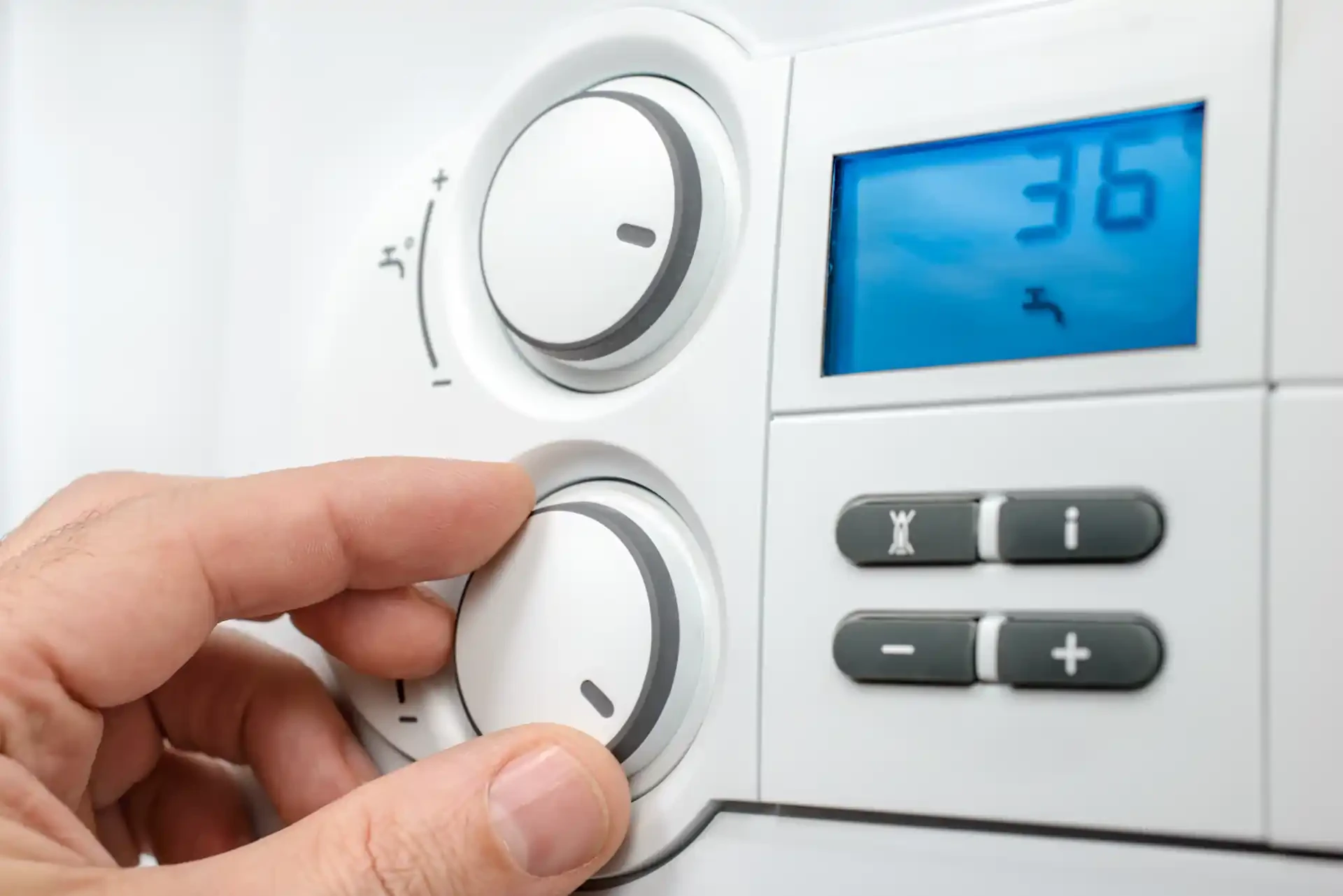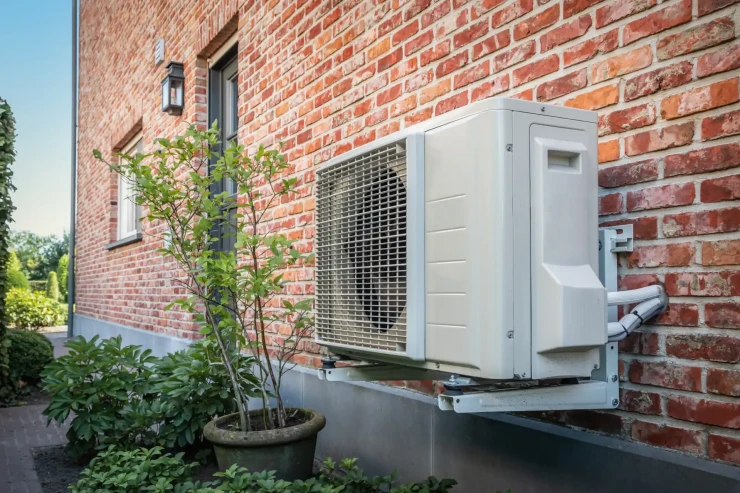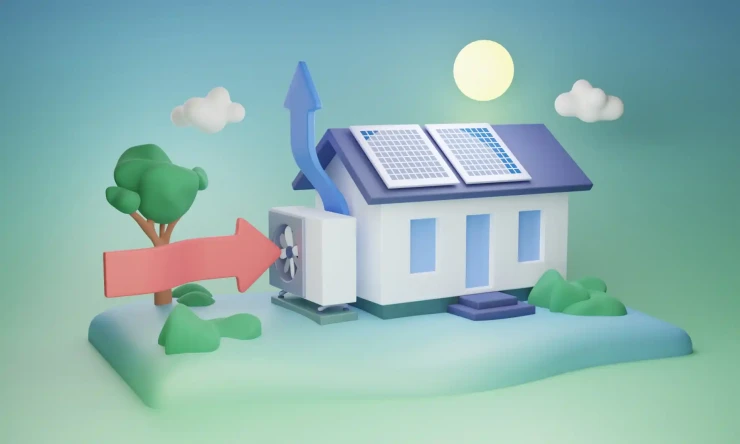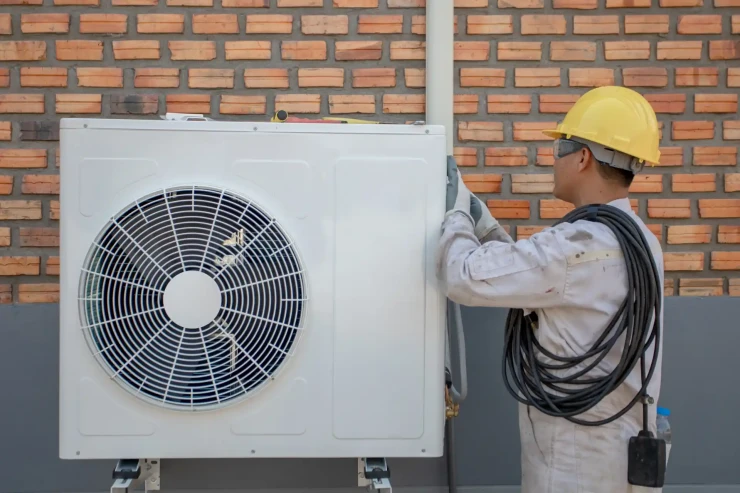
The emergence and evolution of smart homes are transforming the way we live every single day. Smart homes now don’t just offer us an unprecedented amount of convenience perks but also remarkable ways to make smart energy savings and optimise our efficiency, thus using less of the planet’s dwindling finite resources.
As the UK forges ahead on its journey towards global net zero status, integrating smart technology into our homes has become a vital step in helping the nation as a whole achieve its milestone. While it may seem minimal in the scheme of things compared to embracing renewable energy on a global scale or adopting more eco-friendly fuel sources, the collective impact, if more homeowners made small, incremental upgrades, could be a significant push in the quest for improved sustainability.
So, let’s explore the potential of smart homes in preserving more resources and using less energy, delving into the innovations that are empowering and encouraging homeowners to reduce their carbon footprint while maximising the comforts of modern, tech-led living.
The energy-saving potential of smart homes
The statistics speak volumes about the positive environmental impact of smart home technologies. According to a recent report by the Connected Devices Alliance, households equipped with smart home features can reduce their overall energy usage by around 30%.
This, coupled with the use of smart LED bulbs (which use at least 75% less energy than incandescent bulbs and last 25 times as long), and that smart thermostats can reportedly reduce heating bills by an average of 10%, means that the energy saving possibilities of smart home automation are evident.
COMPARE PRICES FROM LOCAL INSTALLERS
Compare prices from local companies fast & free
Enter your postcode to compare quotes from leading professionals. We promise to keep your information Safe & Secure. Privacy Policy
However, this only scratches the surface in terms of what smart homes are capable of as far as energy preservation and life improvement are concerned. How exactly do smart homes achieve such impressive energy savings? The answer lies in their ability to automate and optimise various aspects of home energy management, integrating numerous systems together. These include:
1. Smart heating and cooling
Heating and cooling account for a significant portion of a household's energy consumption. While recent trends indicate that household energy spending is stabilising after record high prices, many homeowners are trying to optimise and conserve their energy.
Smart thermostats offer a convenient and effective view into energy expenditure and patterns, by learning your preferences and adjusting temperatures in the home, accordingly, based on occupancy levels, outside temperature, and other extraneous factors. These devices can detect when a home is unoccupied and automatically adjust the temperature, preventing unnecessary energy waste. Similarly, a thermostat can be programmed to automatically trigger before you return home from the cold outdoor weather to offer optimum warmth and comfort.
2. Technology usage
According to Ofgem, the average 2-to-3-person home in the UK typically uses 2700 kW/h of electricity each year. Given that electronic appliances are integrated into our everyday lives, when you break this stat down, it’s easily understandable. Even when electronic devices like computers, televisions, and screens are not in use (and in standby mode) they are still using energy. The same applies to appliances like fridge freezers, washing machines, dishwashers, and tumble dryers.
Smart appliances are designed to help you optimise energy usage; for example, they can be programmed to run during off-peak hours when energy rates are lower. Some appliances even have settings that can be adjusted to suit your real-time energy consumption data and help you only use what’s needed at specific times, preventing unnecessary energy waste.
3. Complete integration
Smart homes are known for their ability to seamlessly integrate various devices and appliances for easier and more convenient usage. From security cameras and smart door locks to smart windows and sprinkler systems, smart home integration is entirely possible. Usually, they are controlled via a central hub or device - commonly a mobile phone - which acts as the de-facto ‘command centre’.
Some hubs can’t always integrate with legacy devices and may fall outside the remit of round-the-clock support. This means that homeowners may need to invest upfront in newer, ENERGY STAR-rated, and smart home-ready appliances to ensure compatibility while making sure that devices can be supported by service warranties and security testing and patching to prevent them from being exploited in the cloud.
Provided you safeguard your devices, and that they all are connected to the same secure network infrastructure, features like lighting, heating, blinds, and other technology can be optimised to suit your optimum routine and lifestyle for maximum energy savings without compromising comfort.
Embracing renewable energy sources
In addition to optimising energy usage, smart home technologies are also paving the way for seamless integration with renewable energy sources.
Solar panels, for instance, can be easily integrated into a smart home system, allowing homeowners to monitor energy generation and consumption in real-time. Retrofitting solar batteries alongside solar panels also allows homeowners to bank energy for later usage when the sun goes down and use minimal energy from the grid.
The same can be said for heating alternatives like air source heat pumps (ASHPs) which offer a convenient alternative to traditional gas boilers, which are soon to be gradually phased out of newly built properties in the UK anyway. If you can upgrade now with the help of some incentives or grants, then it probably makes sense, if you want to see more immediate energy rating improvements.
Moreover, demand for electric vehicles (EVs) is also growing, with April 2024 statistics showing that 16.9% of all new car registrations are electric. This suggests that there are over 1.1 million fully electric cars in the UK today, insinuating that more homeowners will be seeking ways to optimise their charging infrastructure at home (without coming at a huge energy expense). Installing EV charging stations allows you to take advantage of excess energy stored by solar panels and batteries, reducing your reliance on the grid, and minimising your carbon footprint. Even if you have a plug-in hybrid vehicle, your reliance on petrol will be exponentially reduced this way.
The future of smart home energy efficiency
Transforming your home into a smart property can seem daunting but it can be achieved in a few simple steps. Identify where you need to optimise energy usage, explore the types of smart home products available that can help you achieve your goals, and ensure they are compatible with your existing setup. Start small with a few upgrades first, before upgrading your entire infrastructure; only do so when you are comfortable and ready. Don’t be afraid to ask for professional assistance from smart home installation experts or vendors if you need help.
As technological advancements continue to shape the smart home sector, we can expect even more innovative solutions that prioritise energy efficiency and sustainability. Artificial intelligence (AI) and machine learning (ML) algorithms are positioned to play a crucial role, enabling smart home systems to anticipate and adapt to user behaviour, thus optimising energy usage even further.
The smart home ‘revolution’ is more than just a buzzword; it represents an excellent opportunity to embrace environmentally friendly living while enjoying the conveniences of modern life. So, why wait? Discover the power of a sustainable smart home today and join the growing movement of eco-conscious homeowners who are harnessing this cutting-edge technology for the benefit of themselves and the planet.
Find a local installer
Welcome to the biggest directory of UK renewable energy companies



































